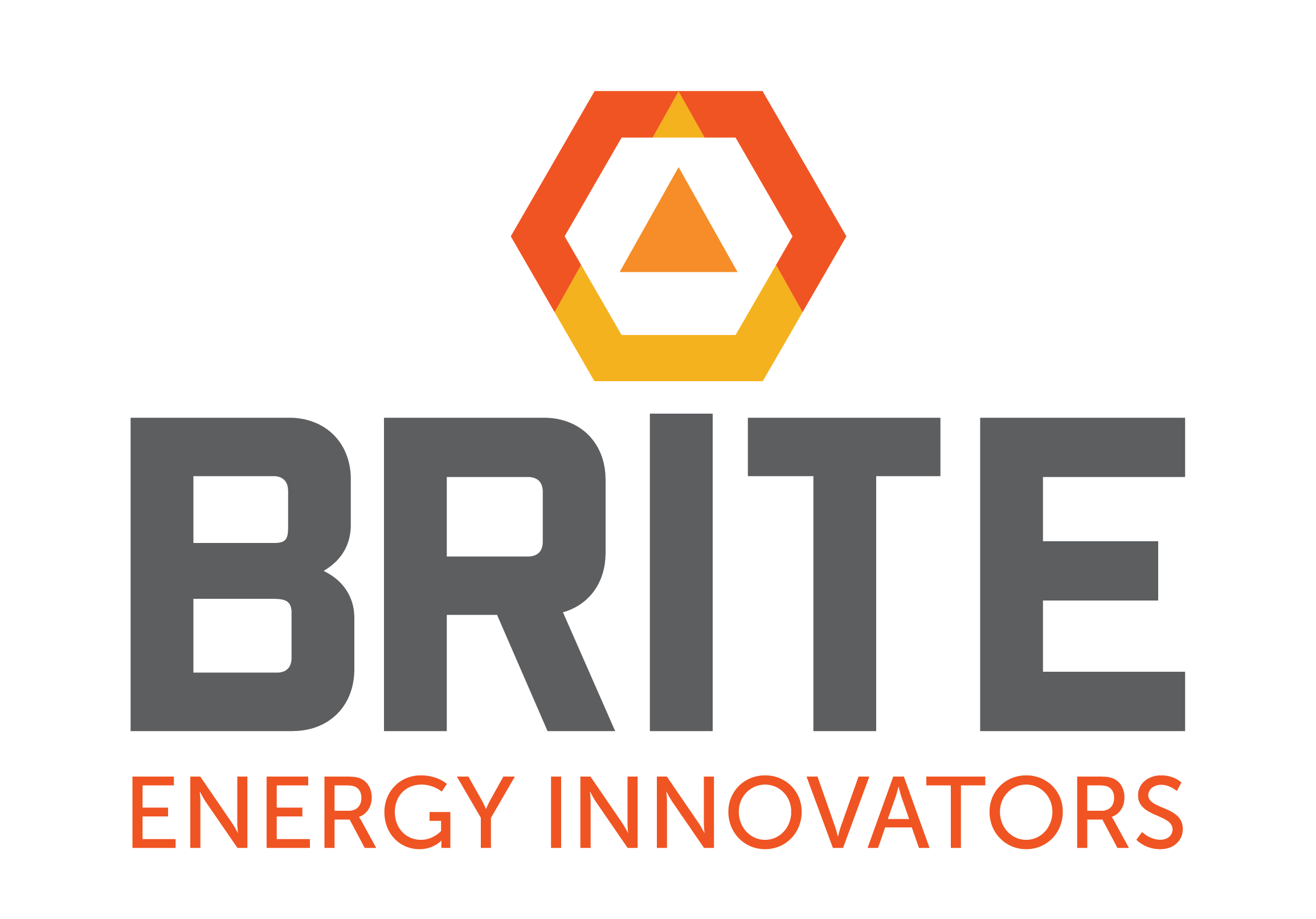Three entrepreneurs who’ve sold startups before are building “approachable AI” to make tools such as ChatGPT and Bing more user friendly and less fraught with privacy and other concerns.
Kallo LLC has attracted some 120 users in a soft launch without all of its planned functionality. The three founders were independently looking into the trend they see as soon taking over all of software when they decided to combine forces.
“Virtually every software company that isn’t only in maintenance mode at this point is saying, ‘We’re adding AI,'” CTO Matt Toddy said. A poor implementation, however, could harm the business.
“We can impact millions of lives in a focused and direct way,” CEO Nick Potts said in a joint interview this week.
Potts co-founded both ScriptDrop Inc., which is still operating in Grandview Heights since he left and sold his shares, and GiftHealth Inc., which sold a majority stake to a private equity firm last year for $40 million. GiftHealth co-founder John Romano has succeeded Potts as CEO as the Columbus tech-enabled pharmacy.
“(Romano’s) doing a fantastic job,” Potts said. “AI is the future. I want to be part of that.”
Some GiftHealth investors, when Potts told them he was leaving its operations, expressed interest in investing in Kallo as well, he said. With each startup, he said, Potts is learning from past successes and mistakes to build more efficiently.
Toddy co-founded an Internet of Things company a decade ago serving HVAC contractors in the Cleveland area, and from that spun out a building controls software company that he still advises. A self-taught software developer and law school graduate, he moved to Columbus in 2015 and worked in engineering roles at companies including Nationwide and Bread Financial before starting Kallo last year.
The third co-founder has had a startup acquired. They are not disclosing their identity, confirmed by Columbus Inno, while winding down other commitments.
All Central Ohio residents, the Kallo team is meeting in co-working spaces for now to conserve capital from an undisclosed pre-seed round last year. (A December regulatory filing indicated an $800,000 target, but the founders can’t yet discuss it.)
The goal is to quickly generate revenue and achieve profitability instead of a recurring cycle of fundraising, Potts said.
Through selective hiring of passionate and productive people, he said, the startup can grow to a successful business with 20 to 25 people.
Kallo – Finnish for “cranium” to reflect AI, and also a friendly sound a bit like “hello” – builds layers of specificity onto the powerful but generalist natural-language conversing engines by Open AI, Microsoft, Google and others that exploded on the scene last year. The first connection is to Open AI’s ChatGPT, with others to follow.
“They essentially indexed the entire internet,” Toddy said. “We don’t want to recreate what they’ve done.”
There’s a free tier and then monthly subscriptions based on higher volume usage. Besides the founders, the startup is using contract developers for specific tasks, including some in Ukraine.
The platform does not yet connect to the wider internet, instead using the chatbot’s analytics to answer questions about only what users upload and the startup’s document library, but keeping it within the Kallo site. That makes the results more predictable for early adopters. Eventually it would open up to compare the user’s content to the internet.
The first specialty is legal services. For example, users can upload a lease and ask what warranty protections it contains. Up next is healthcare, drawing on Potts’ background.
The difference is Kallo promises not to store any data the user uploads or use it to train the AI, which means it could be used for HIPAA-compliant healthcare applications. Sample uses there could be how to handle an insurance problem or navigate the various treatment points after a cancer diagnosis.
“We’re building it with the individual patient in mind,” Potts said.
A planned education specialty would allow teachers – hesitant today to allow students to use the Wild West of current chatbots – to set guardrails to block cheating or inappropriate content. For example, the teacher could upload lesson plans and sources that help a student self-guide an assignment, but block asking Kallo to answer a test question or write a paper.
Because Kallo is under construction, the startup is seeking user feedback and plans to blog about progress building new features, Potts said.
“We’re able to constantly curate the models behind the scenes,” Toddy said.
Toddy and developers have uploaded Kallo’s own code into Kallo, to ask it to help correct commands in the CSS code for laying out and formatting web pages.



